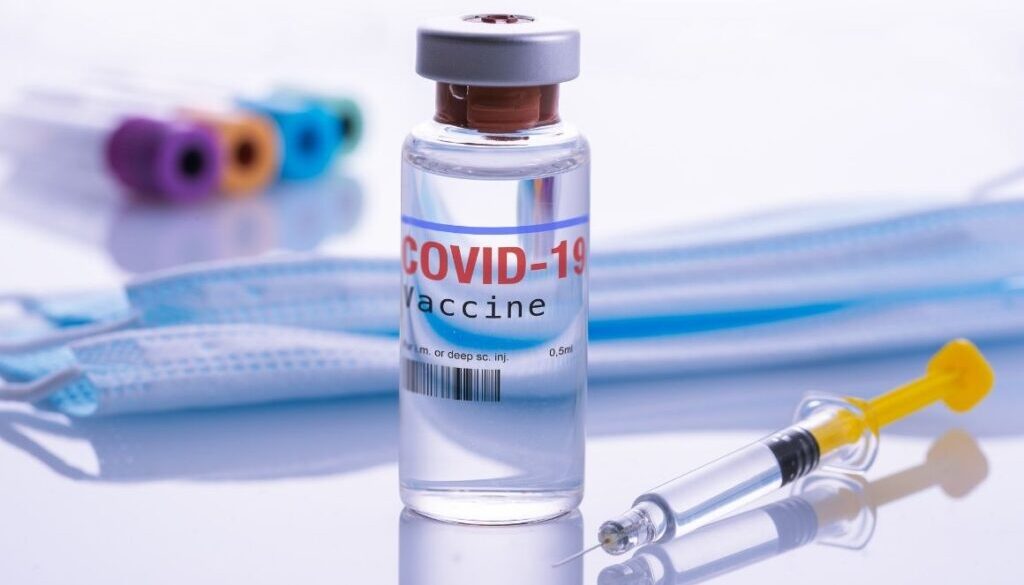How Communicators Can Influence COVID-19 Vaccine Uptake
A major breakthrough in the U.S. fight against COVID-19 came back in December when the FDA authorized the first COVID-19 vaccine for emergency use. Now, with multiple COVID-19 vaccines approved and rolling out to the public, persuading the public to take the vaccine poses a huge communication challenge to medical providers, drug makers and public health agencies.
Due to uprise in misinformation, there is a clear decline in the public’s acceptance of science; rather, social and public opinion have taken a hold of many Americans and fuel misinformation surrounding the vaccine. Overcoming vaccine hesitancy and COVID-19 skepticism will mean gaining public trust in the pharmaceutical industry and a public health infrastructure that has faced its own fair share of controversy and disapproval, even before COVID-19.
“The most important ingredient in all vaccines is trust,” said Barry Bloom, the Joan L. and Julius H. Jacobson Research Professor of Public Health at the Harvard T.H. Chan School of Public Health. “Without trust a vaccine doesn’t do much good in the world.”
The greatest challenge is convincing the public to trust not only the vaccine, but the institutions involved in distributing and administering it. In order to create an effective trust-building campaign, communication professionals must first understand why there is a lack of public trust, then elicit the support of established members of the community and people of influence to combat misconceptions and preconceived notions if the country hopes to achieve widespread inoculation. It is necessary to enlist the help of those who have retained the public’s confidence, such as doctors, nurses and pharmacists, and also those from the private sector, such as social media and community influencers.
One channel unavailable to health marketers in the past is social influencers. Over the past five years, influencer marketing has become widely accepted and utilized. Influencers have reach across almost all demographics and have deeper connections with said audiences than, for example, an unknown doctor or spokesperson in a commercial.
In a time when the public has more trust in news and content when it comes from their social circles, the ultimate measure of public trust in a medical brand is now when people — not necessarily vaccine manufacturers or government authorities — recommend it to friends, family or followers. Influencer support of an idea or product gains authentic recognition and legitimacy that is hard to replicate using other channels.
Throughout the pandemic, a number of influencers have stepped up to encourage coronavirus safety measures. TikTok star Charlie D’Amelio made a social distancing-inspired dance go viral. Kim Kardashian West arranged a private Zoom call with dozens of celebrities and Dr. Anthony Fauci to ask questions that could inform how they spoke to their own followers. Dr. Ala Stanford, a Black woman physician who is a pediatric and general surgeon from North Philadelphia, has been vocal about the COVID-19 vaccine on her social media, encouraging her followers to trust her medical expertise with scientific facts, as well as showing her patients’ success after their vaccination. As communication professionals we should expand on the effort’s influencers are already making towards greater public health practices by encouraging them to now promote trust in the COVID-19 vaccination.
When armed with the correct scientific information from healthcare professionals, social influencers become arguably the most powerful tool to build trust, reach more people, and spread valuable medical information. How communication professionals tackle today’s unique information landscape and ultimately overcome the challenge of persuading the public to get vaccinated will hold lessons for future trust-building campaigns in the healthcare sector and beyond.
Victoria Evans is an Account Coordinator at Flackable, an award-winning public relations agency representing financial and professional services brands nationwide. To learn more about Flackable, please visit mariaa191.sg-host.com.




